Gilgamesh Nabeel / 05 Apr 2021
The newly opened American University of Iraq–Baghdad, the country’s first American-style, liberal arts-focused institution of higher education outside the Kurdish region, aspires to train the next generation of Iraqi leaders.
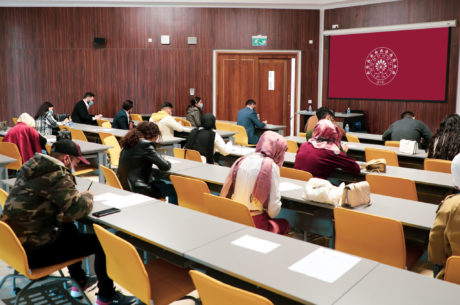
Students inside a classroom of the newly opened American University of Iraq–Baghdad (Photo: Courtesy of the university).
Established by leaders of business, industry and government in Iraq and the United States, the private, nonprofit university opened in February.
The university’s president, Michael Mulnix, has more than 35 years of experience in higher-education leadership, 10 of them at institutions in the Gulf countries, and he was founding president of the American University of Kurdistan, in Duhok.
“We will fill the education gaps in many ways, mainly by offering an American model of education focusing on the liberal arts,” Mulnix said in an interview.
“This model is new to most Iraqis, as they used to directly start their majors,” he added. At the American University of Iraq–Baghdad, “they will spend two years studying psychology, sociology, philosophy, world history and other topics before starting their major.”
A ‘Brand’ Education
Of the 14 colleges planned, three have begun offering courses. They are the College of Arts and Sciences, the College of Business and the College of International Studies. Five more, including Colleges of Health Sciences and Law, are planned for the fall.
“Most of our students are taking English classes at our English Language Academy,” Mulnix said.
The Arts and Sciences college was among the easiest to open because its biology, chemistry, and physics laboratories were already established, he said.
“We are doing our best to offer brand education and liberal arts in Iraq,” he said.
The new university is the latest in a series of American-style educational ventures in the country. Baghdad College, an elite high school for boys, was set up by Jesuit priests in 1932. Twenty years later, the Jesuits established Al-Hikmah University in Baghdad, but in 1969 the Ba’athist government nationalized all private schools.
After the American-led invasion in 2003, two “American” universities were founded in Iraqi Kurdistan, one in Sulaymaniyah. in 2007, the other in Duhok in 2014. (See a related article, “Gender Studies Center in Iraqi Kurdistan Challenges Traditional Ideas.”)
Looking to Civilization’s Roots
David Putnam, an associate professor of history at the American University of Iraq–Baghdad, said his courses would show how the ancient civilization in Iraq contributed to European and American culture.
“Western Civilization is taught in all American colleges and universities, but I’ve designed this class specially to focus on where and how Europe and the Americas became what they ultimately became.”
David Putnam An associate professor of history at the American University of Iraq–Baghdad
“Western Civilization is taught in all American colleges and universities, but I’ve designed this class specially to focus on where and how Europe and the Americans became what they ultimately became,” Putnam said.
“The answer to this question is discovered in the history of Iraq dating back through the Fertile Crescent’s prehistory.” The world, he said, was indebted to Iraq for language, mathematics, engineering, medicine, and philosophy.
Putnam said he hoped the new university would revive the city’s past intellectual glory and reflect the tradition of three historical institutions: the House of Wisdom, or Grand Library, built by the Harun al-Rashid in the eighth century, al-Nizamiyah Madrasah, established in 1065 and often described as “the largest university in the medieval world,” and al-Mustansiriyah Madrasah, which dates to 1227.
Situated in a Palace Built by Saddam
The new American University of Iraq–Baghdad occupies the Al-Faw Palace complex, built by the former president Saddam Hussein and used as an American military base after he was overthrown in 2003.
The campus, in western Baghdad, is well away from the city center, and Mulnix described it as “safer here than in New York.”
The campus includes restaurants, a bank and vegetable stalls; a branch of the American fast-food chain Hardee’s and a movie theater are due to open soon.
The university has fewer than 300 students today, but Mulnix expects a surge in enrollment as the institution grows.
“We are starting a medical school from scratch with a 200-bed teaching hospital,” he said. “The more complex pharmacy and nursing labs will be ready within three to four years. Health-related sciences will make us more popular.”
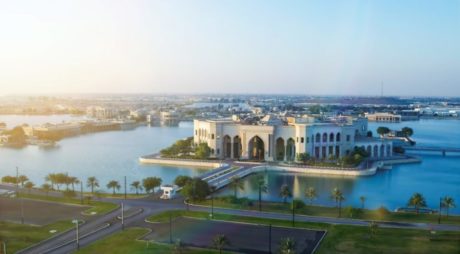
The American University of Iraq–Baghdad is housed in a former presidential palace encircled by an artificial lake (Photo: Courtesy of the university).
Mulnix sees the university as a way to reverse brain drain by attracting Iraqis with Ph.D.’s from American universities to come home. (See a related article, “Brain Drain Can Be Reversed, One Lebanese Physician Says.”)
Depending on Donor Support
As a private, nonprofit institution, the has to pay the Iraqi government $2 million per year for the 50-year lease of the palace complex.
Tuition fees cover 20 percent of the costs, Mulnix said, while “the rest are secured from private donors and the government to support scholarships and keep tuition fees as low as possible.”
Tuition fees are capped at $6,000,compared to $8,000 in Iraqi Kurdistan, and the fees are merit-based: Academically distinguished students are exempt, while others get discounts based on high-school exit exams results.
The university hopes to have a concert hall, Mulnix said, and the renowned Iraqi musician and oud player Naseer Shamma has devised the music curriculum.
[Enjoying this article? Subscribe to our free newsletter.]
Abbas Issa, an associate professor of business administration, teaches an introductory course for information technology management and hopes to see the new institution become a leader in developing Iraq’s economy.
“The course explains the role of IT in the business world and how the company could achieve its strategies through its Enterprise Resource Planning systems,” Issa said.
The prospect of accreditation by one of the major American accrediting organizations could boost the intake to 60,000, Mulnix said, adding that he wants his university to compare with the American universities in Beirut, Cairo and Sharjah.
“Our students will become the leaders of Iraq’s next generation of leaders,” said Putnam, “From prime ministers to surgeons, linguists, engineers, and architects, the students of AUIB will be the cutting edge of Iraq’s future.”
Source: Al Fanar Media, 5. April , 2021


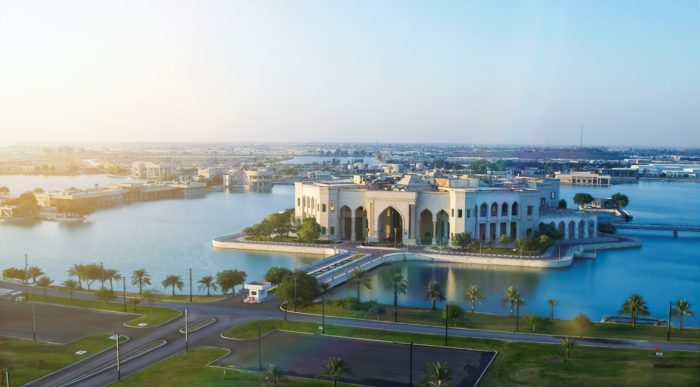
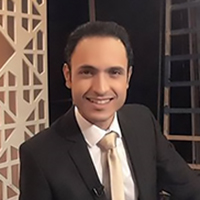
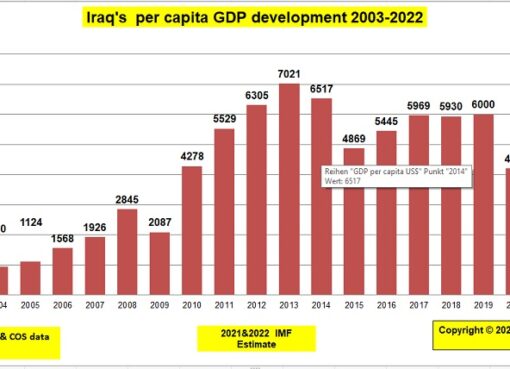
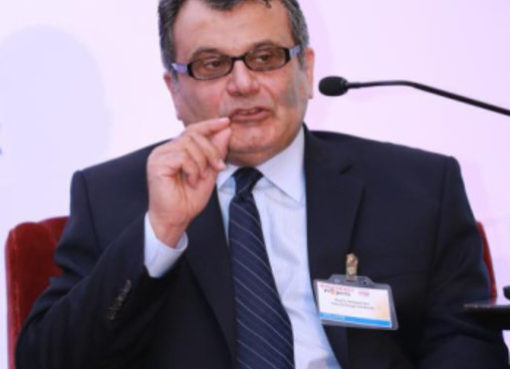

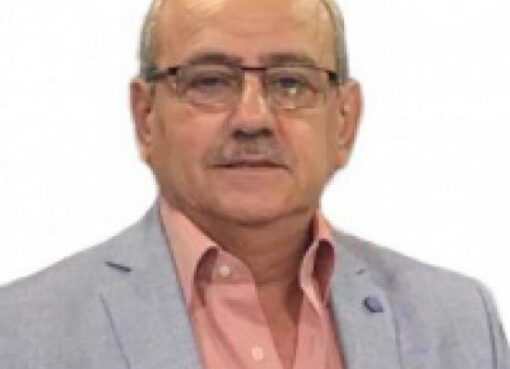
Comment here